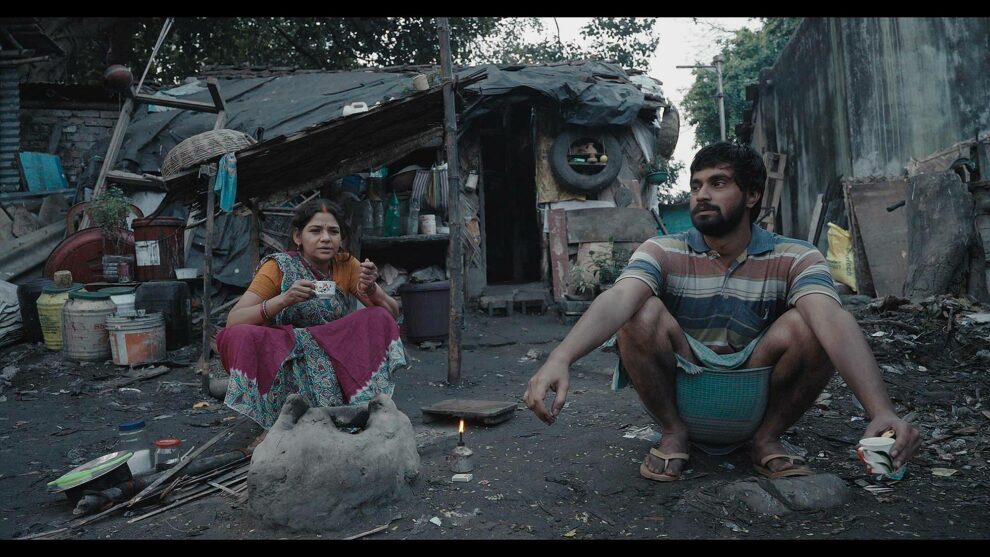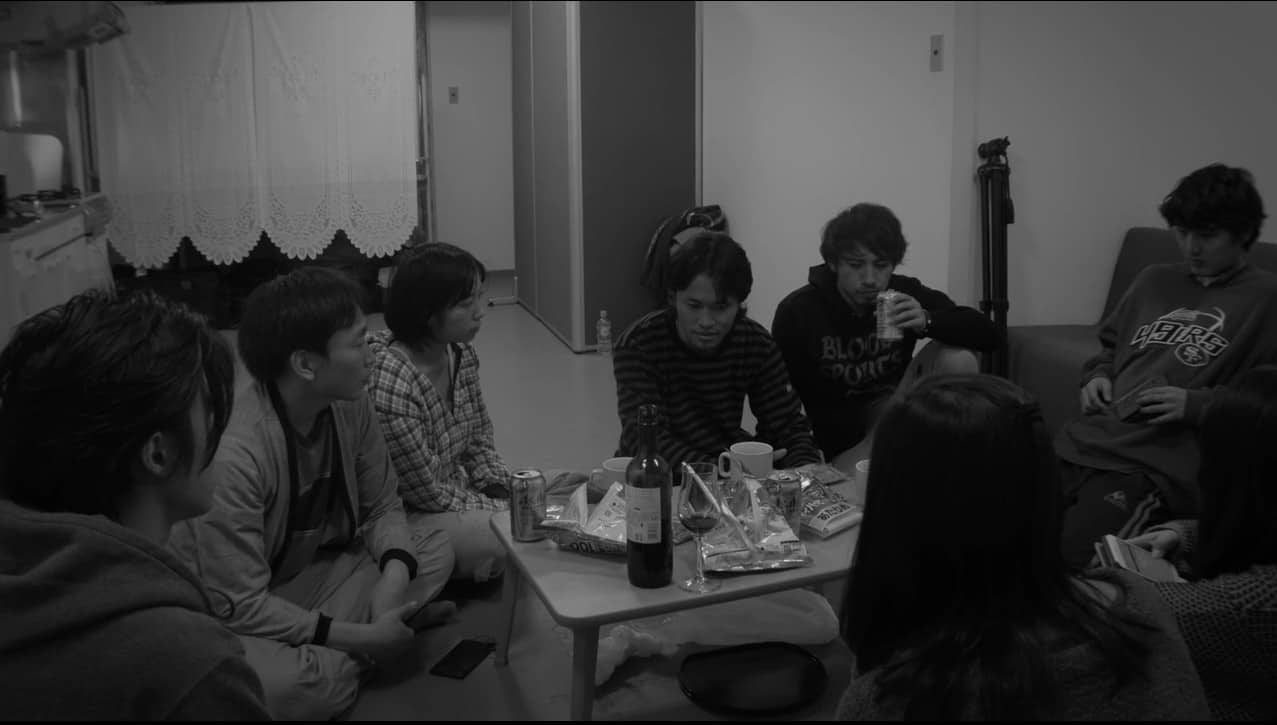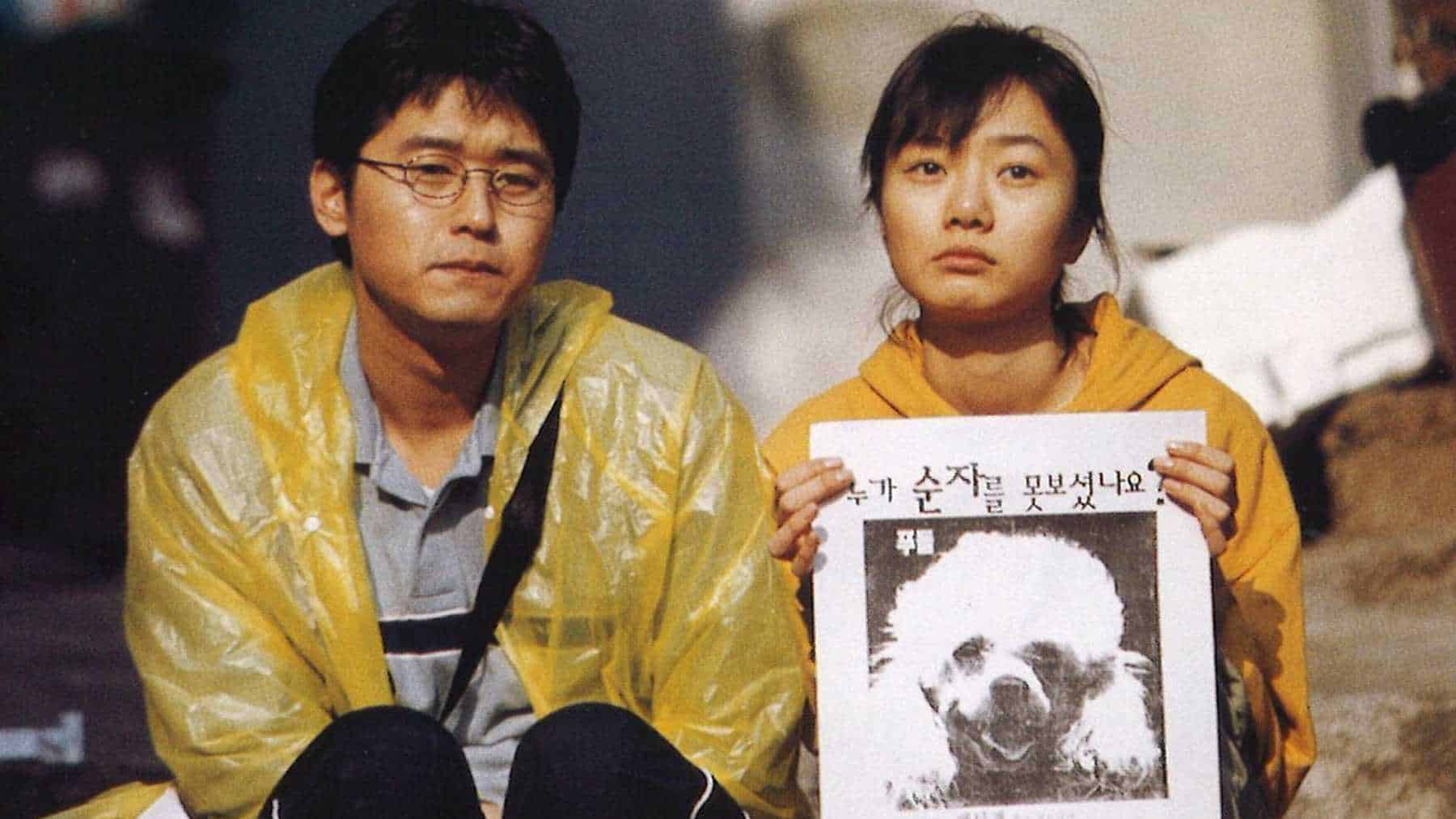Living in the West, it occasionally becomes easy to forget that in various corners of the world, people are living very different and essentially much worse lives. Suman Ghosh focuses on a family that survives by picking up garbage in “The Scavenger of Dreams”, highlighting this rather ignored type of life in India.
The Scavenger of Dreams is screening at Busan International Film Festival

Birju and Shona live in the slums with their daughter Muni. Together they navigate Kolkata's affluent neighborhoods every morning, collecting trash from the rich houses, on a handcart. Expectedly, they make a meager living, and the lockdown that was imposed the previous years did not make anyone's life easier, also due to Muni not being able to attend school. Their only leisure seems to be making up stories out of the discarded materials they bring home every night, along with their daughter. Things get even worse when Birju receives a work order from his supervisor to collect a discarded motorcycle, and he finds himself in trouble since he doesn't know how to ride one, with the same applying to his boss's insistence to use electric vans. Gradually, his frustration grows and a number of incidents bring him to a boiling point.
Through an approach that stays quite close to the documentary, both in Ravi Kiran Ayyagari's extensive use of digital cameras and many close ups, and due to the fact that the cast, apart from the two protagonists, consists of non-actors, actual garbage collectors. As such, the movie is permeated by an intense sense of realism, which both presents the particular way of life with utmost detail and manages to make a number of comments that echo beyond the particular setting.
Check also this interview
In that fashion, the whole concept of the electric vans is a remark on the impact of modernization in the workplace, with the consequences becoming evident even in the line of work Birju and Shona partake in. The concept of the people making a living by collecting arbage from the houses of the rich is also a pointed remark regarding inequality, with the racism that comes as a result also being presented in the film, in one of the most memorable scenes. The way the couple react to the discovery of a deodorant is indicative of this comment, with the same applying to the mobile phone, again in an approach that shows intently the difference in the lives of the rich and the poor (the Developed and the Underdeveloped countries) if you prefer. That the family and the rest of the people doing the same job find only solace in their dreams and imaginations, in the best case, and in alcohol, in the worse, cements the whole remark. Lastly, that even under these conditions, the need for sex is still there, can be interpreted as a comment on human nature.
Shardul Bhardwaj as Birju and Sudipta Chakraborty as Shona play their parts in very fitting realism, on par with the overall casting. The former is also impressive in the moments when he cannot contain his anger any more, with the final scenes being the highlight of his performance.
Regarding the cinematography, apart from what already mentioned, Ravi Kiran Ayyagari still manages to present a number of impressive scenes, with the “Dream” ones, the erotic, and the panoramic of the finale definitely staying in mind. The editing results in a mid tempo that picks as Birju's mentality changes, in a rather fitting approach.
“The Scavenger of Dreams” is an excellent film that manages to highlight life in the lowest ‘echelons' in a way that is both realistic and artful, and in a style that reminds of Midi Z's early works.















